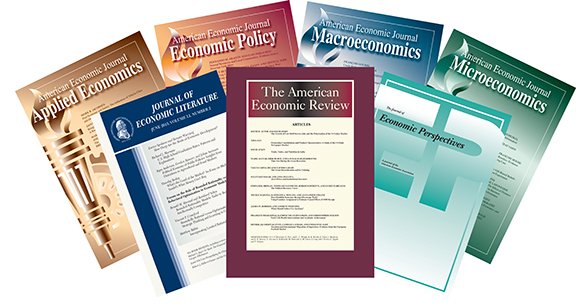Getting Hired and Published as an Economist: A Theory
I have a simple theory of what it takes to get your paper published in a top economics journal and an analogous theory of what it takes to get hired as an academic economist or in another job where hiring is done on the basis of collective decisions.
For getting published in a top journal, my model is as follows. First, you need to have genuine value added over the previous literature that is easy to articulate. But once the editors and referees can check that box, they feel permission to like the paper for any reason—even a reason they can’t articulate very well.
One of the big implications of this is that how well written the paper is can matter a lot. And as long as you have some definite value added, you can also get points for explaining results that were already in the literature better than the literature does. Editors and referees want to come away from a paper feeling they learned something they didn’t know—or didn’t understand—that they are glad to know.
My model for getting hired by an economics department (or by any other group of economists who make a hiring decision collectively and without too much interference from non-economists) is similar. You might get to the interview stage by checking some boxes, but it is rare to get from the interview stage to a flyout and then an offer without someone advocating for you strongly. If everyone is positive but lukewarm, it probably isn’t going to happen, unless they are really desperate for someone in your field or your category.
What that means is that you have to really impress someone. That means in turn that you have to be interesting, even if being interesting doesn’t seem one hundred percent safe. For those earlier on in graduate school, it means that you should strive to develop your own individuality as an economist (and particularly as a researcher) so that you don’t look like everyone else. Always remember that your success on the market is the maximum over the distilled opinions of all the departments that have a relevant position. It’s OK if some places hate you. You just need one place (or ideally two) to love you. And having a department love you typically depends on first on having at least one economist in that department advocate for you strongly.
If what I have written here gives you a bit different picture of the best strategy for getting hired and published than the picture you had before, I have succeeded in this post. And if you knew all this already, more power to you! Finally, if anyone wants to dispute these models of publication and hiring decisions, I’d be interested to hear about your views.
